Yasir
Sudan, Waha Irrigation Project
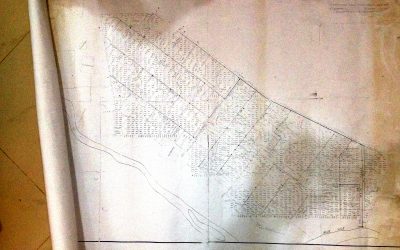
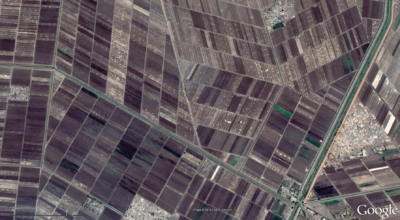
Before his involvement in the scheme Yasir worked as a block inspector for the 1 million ha Gezira scheme across the Nile. In 1987 he set up the Cooperative with like minded bureaucrats whose pride, career and mission were also rooted in scientific agriculture imagined by the colonial agriculturalists and irrigation engineers of the Gezira Scheme. Yasir explained that the Cooperative is a multidisciplinary undertaking of investment which differs radically from ‘traditional agriculture’. Lawyers, agriculturalists and engineers all contributed, not by payment but as shareholders. Drawing expertise and confidence from the bureaucratic apparatus set up by the British to manage the Gezira – which at that time provided still more than half of the export in Sudan – the Cooperative Society engaged in feasibility studies to invest in new irrigation schemes in which the members of the Cooperative took the role of both tenants and investors.
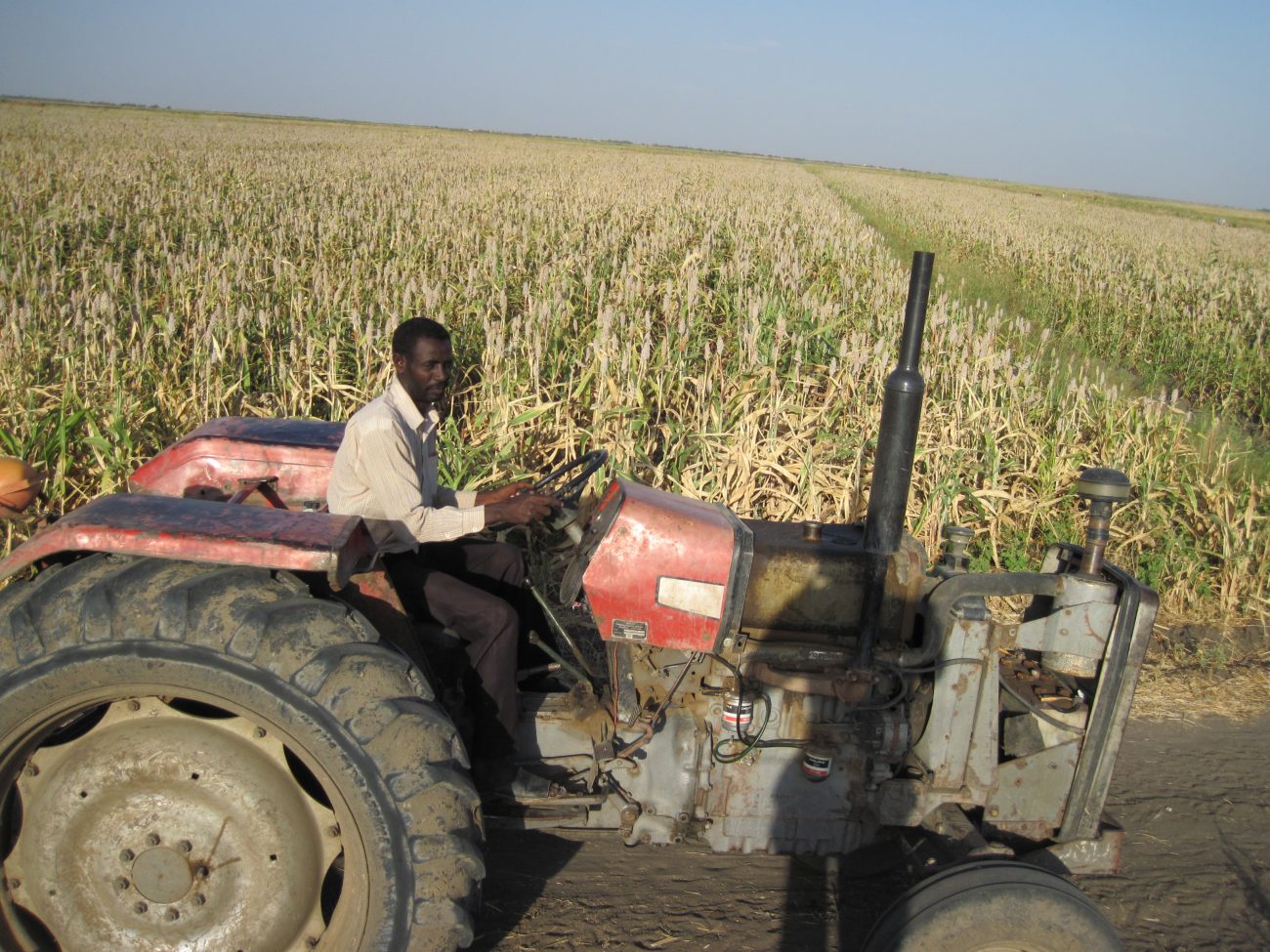
When the cooperative was looking for investment projects, the failed project by the Sudanese/Kuwaiti Company for Animal Production along the Blue Nile was an obvious target because a pump and main canals had already been constructed. In 1975, the heyday of breadbasket investments, the government allotted 38000 acres to the company to build an irrigation scheme but cultivation did not materialize. When the company intended to clear the land in 1977 people revolted with several injured and imprisoned. Until 1990 the pumps remained idle. The Cooperative identified this as a problem of compensation which it could solve and bought itself into the agreement for 6 million pounds on two conditions: first it would become a shareholder in the project, second, it would get the opportunity to avail the land to its members for cultivation.

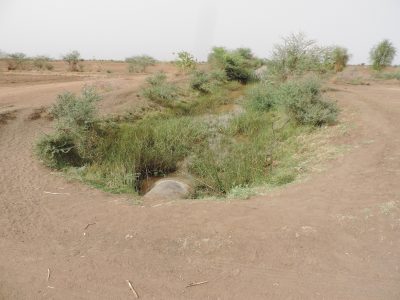
Photo on the left by Perry Heimer
When the Gulf War broke out and Sudan sided with Iraq, the Kuwaiti partner of the venture withdrew. The business model of the cooperative collapsed.
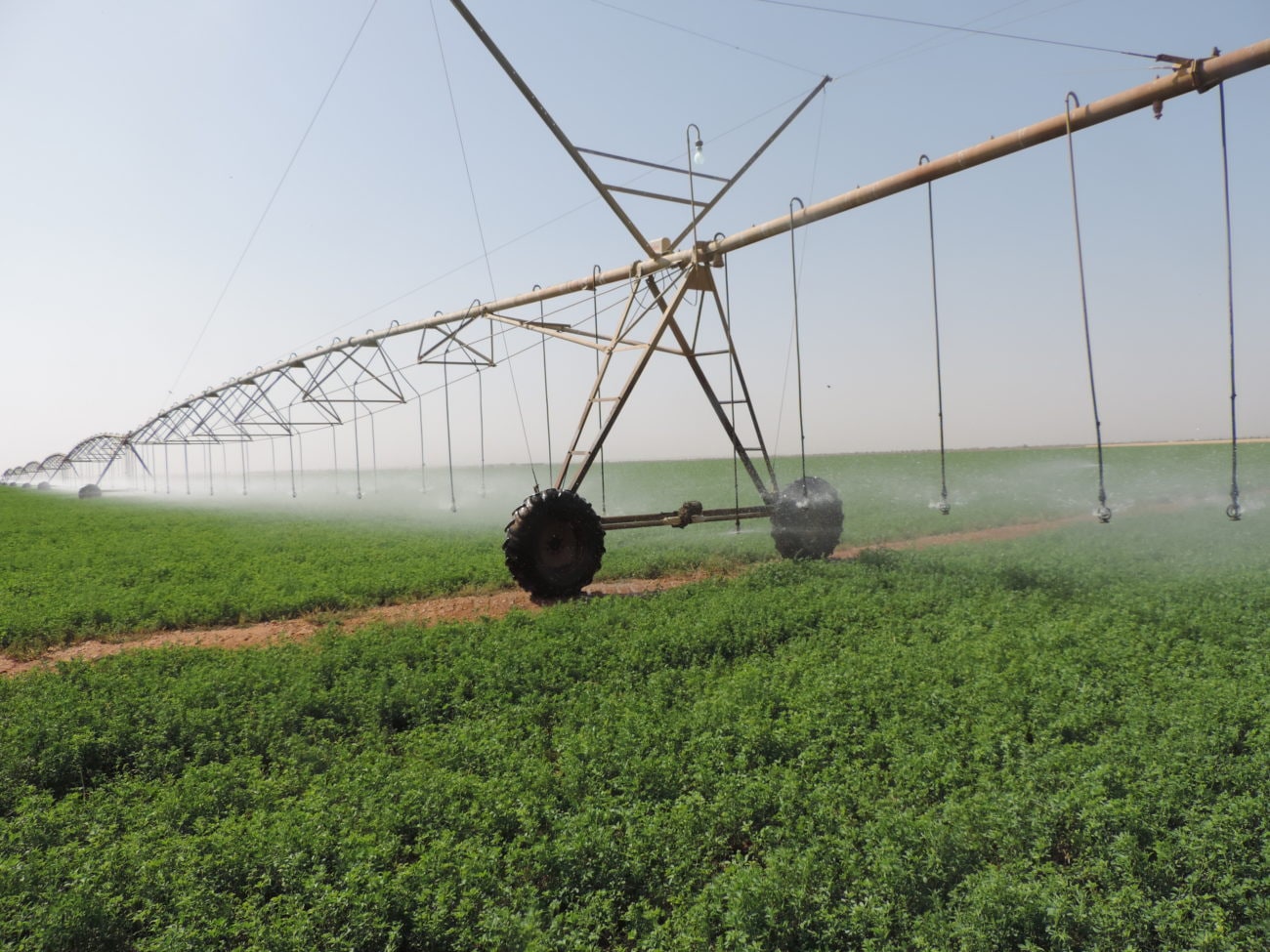
It was in this context that the government revoked the land allocation to the company and the tenants and leased the land to Cemal’s company (which had been taken over by his son Omer, who named it after his father COM).
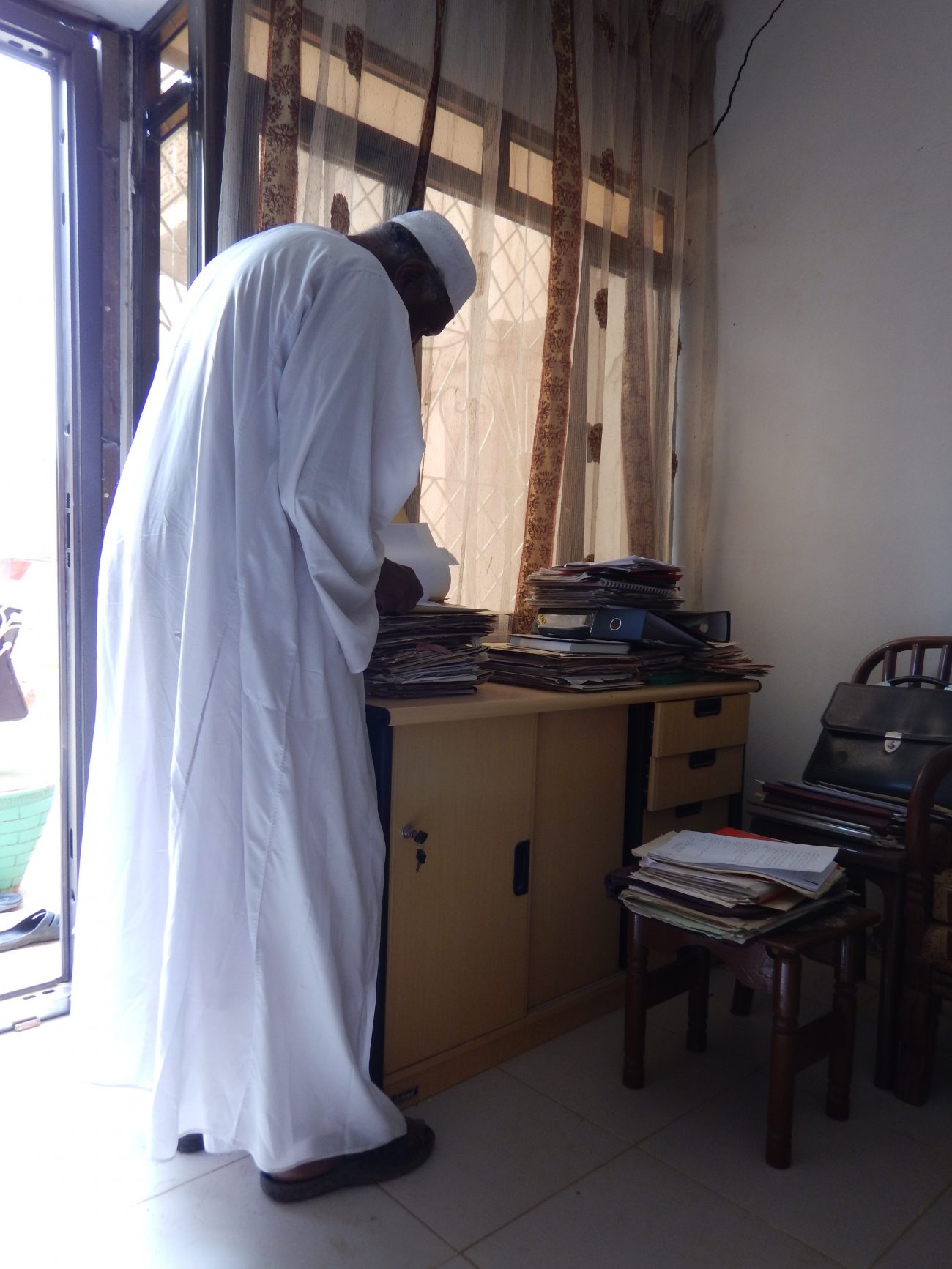
Yasir, with a bitter voice now and trusting that we – as researchers – would understand, stressed that “this was a big mistake of the government because it is not scientific”. Tenant agriculture had been replaced by high tech farming for the benefit of a single investor. When asking how he thinks this is less scientific than the earlier model Yasir is confident: “The deal between the government and Dal has nothing to do with science. Moreover it is unjust as 1800 tenants were displaced by one investor while we did nothing wrong. Why did government ministers and some of the military officers get compensations and not us?” Soon after the deal they had opened a court case against the government which is still ongoing. Yasir is not hopeful about its outcome as they are out of favour with the judiciary.

